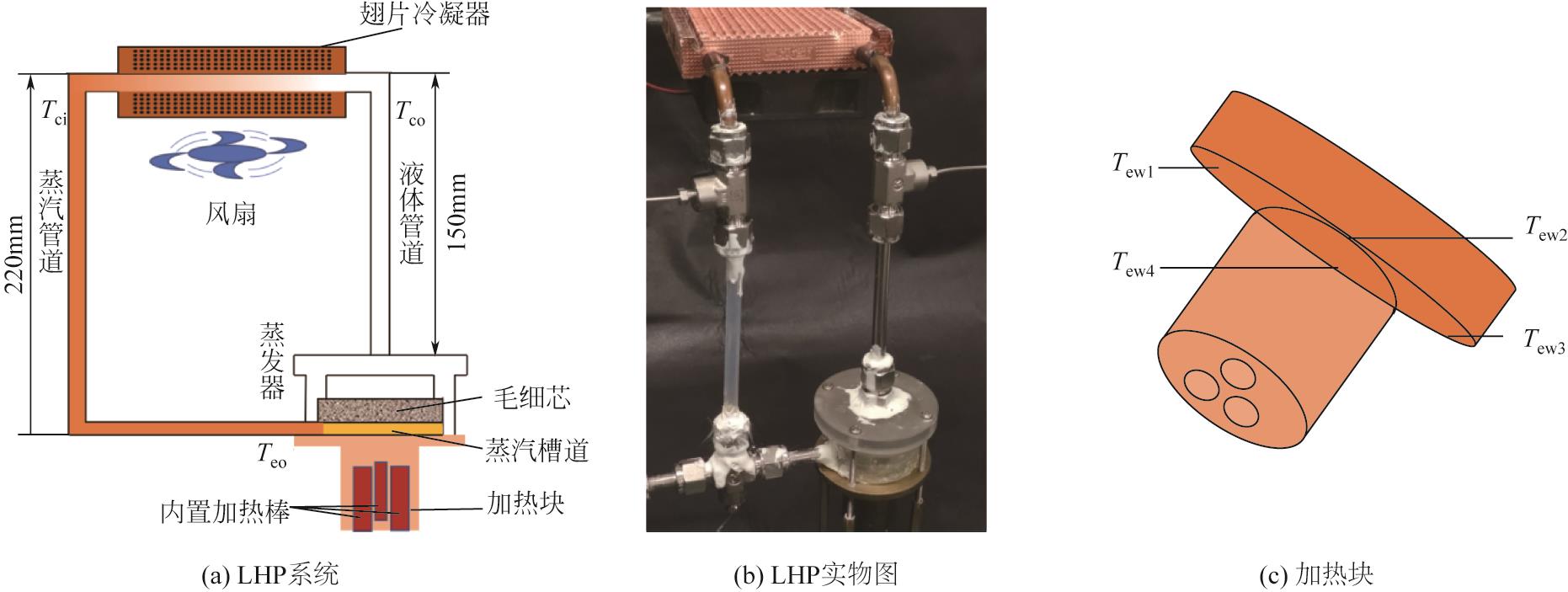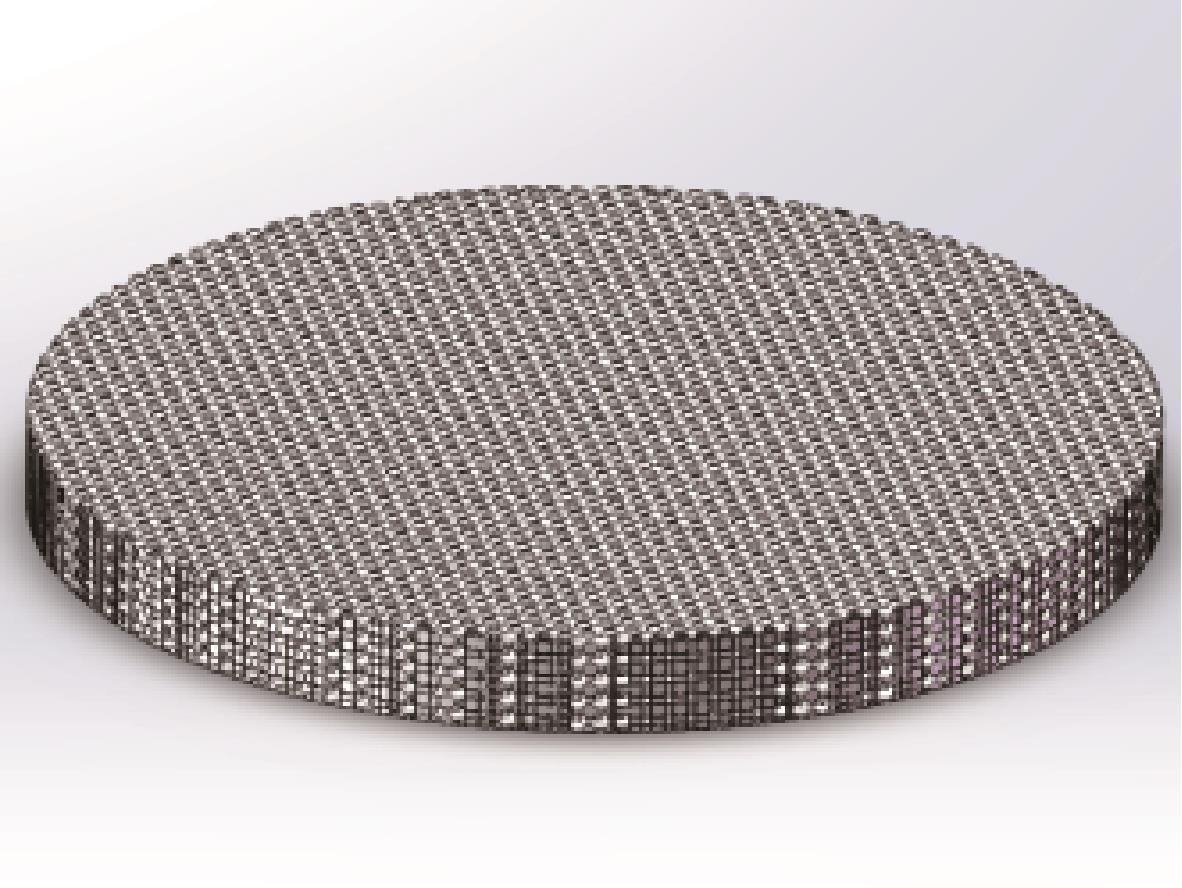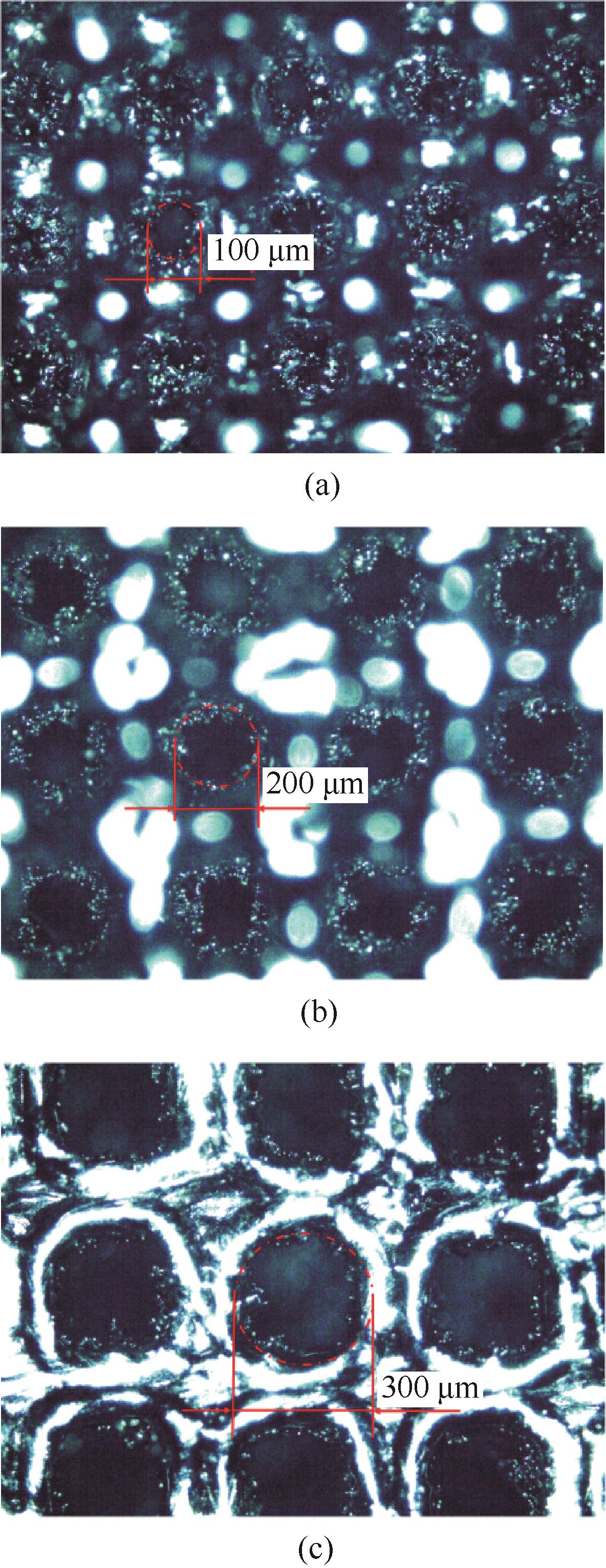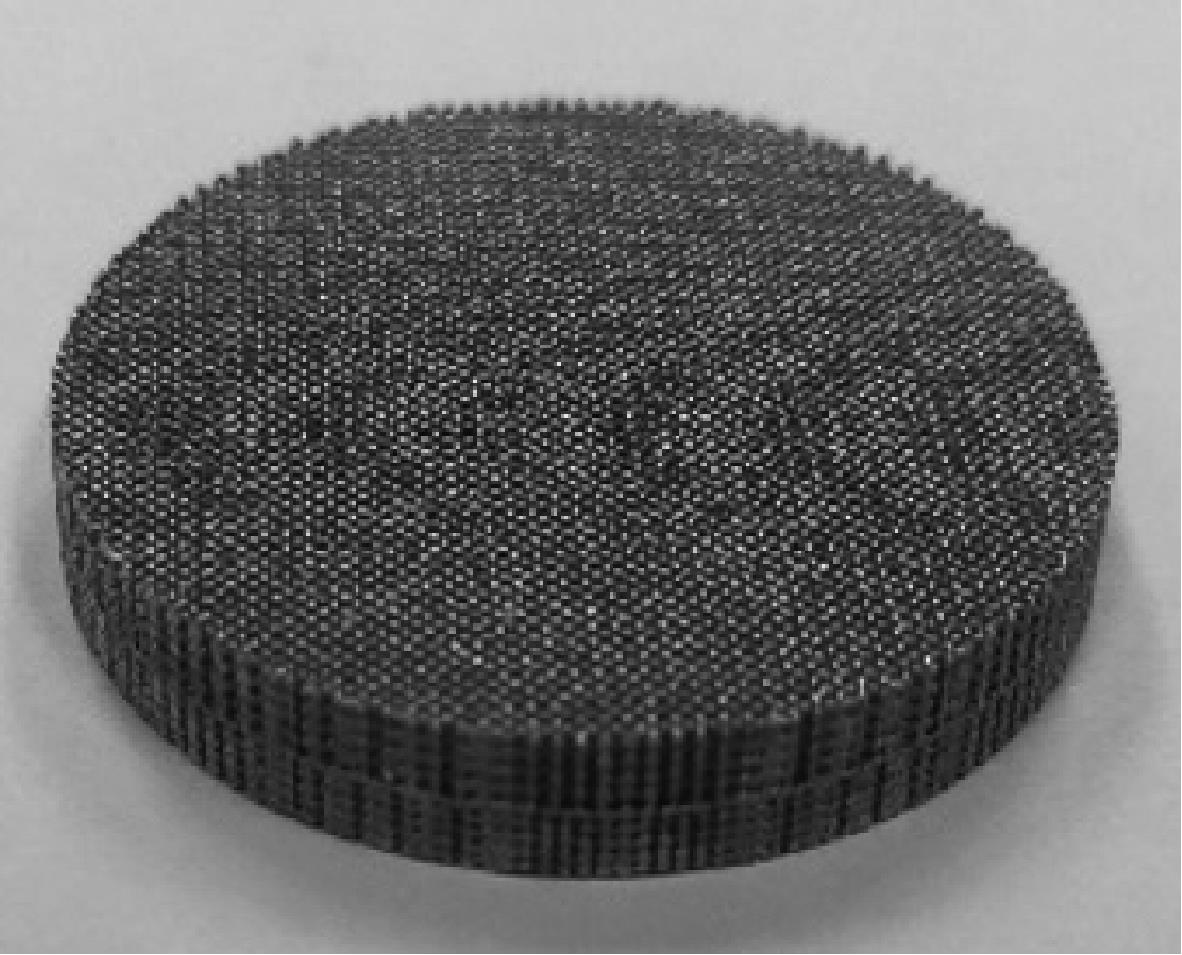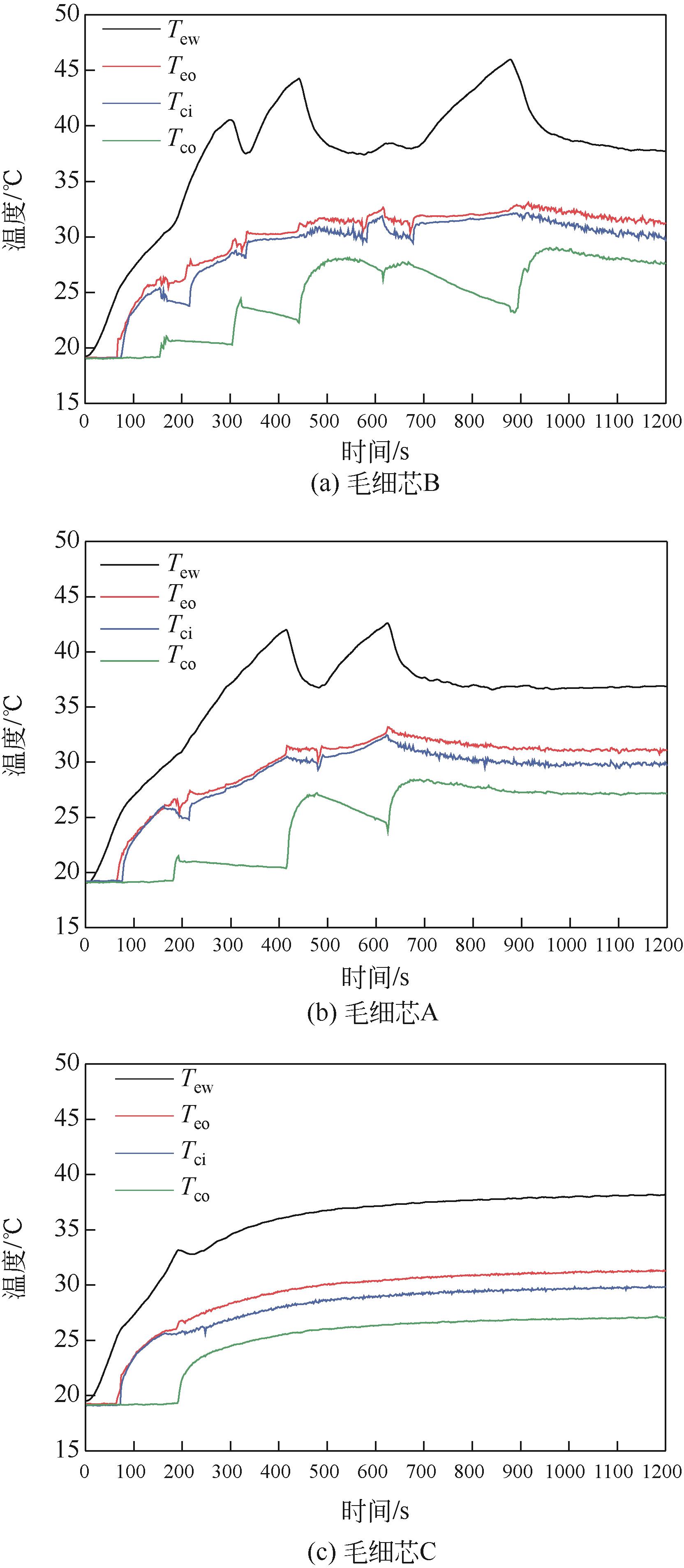| 1 |
LAUNAY S, SARTRE V, BONJOUR J. Parametric analysis of loop heat pipe operation: a literature review[J]. International Journal of Thermal Sciences, 2007, 46(7): 621-636.
|
| 2 |
BURBAN G, AYEL V, ALEXANDRE A, et al. Experimental investigation of a pulsating heat pipe for hybrid vehicle applications[J]. Applied Thermal Engineering, 2013, 50(1): 94-103.
|
| 3 |
FRANCO A, VACCARO M. On the use of heat pipe principle for the exploitation of medium-low temperature geothermal resources[J]. Applied Thermal Engineering, 2013, 59(1/2): 189-199.
|
| 4 |
GERASIMOV Y F, MAIDANIK Y F, SHCHEGOLEV G T, et al. Low-temperature heat pipes with separate channels for vapor and liquid[J]. Journal of Engineering Physics, 1975, 28(6): 683-685.
|
| 5 |
熊康宁, 吴伟, 汪双凤. 平板形蒸发器环路热管的研究进展[J]. 化工进展, 2021, 40(10): 5388-5402.
|
|
XIONG Kangning, WU Wei, WANG Shuangfeng. Research and development of loop heat pipe with flat evaporator[J]. Chemical Industry and Engineering Progress, 2021, 40(10): 5388-5402.
|
| 6 |
DU S, ZHANG Q, HOU P L, et al. Experimental study and steady-state model of a novel plate loop heat pipe without compensation chamber for CPU cooling[J]. Sustainable Cities and Society, 2020, 53: 101894.
|
| 7 |
董其伍, 王丹, 刘敏珊. 余热回收用热管及热管式换热器的研究[J]. 工业加热, 2007, 36(4): 37-40.
|
|
DONG Qiwu, WANG Dan, LIU Minshan. Research on heat pipe and heat pipe heat exchanger for waste heat recovery[J]. Industrial Heating, 2007, 36(4): 37-40.
|
| 8 |
REAY D A, KEW P A, MCGLEN R J. Special types of heat pipe[M]// Heat Pipes. Amsterdam: Elsevier, 2014: 135-173.
|
| 9 |
WANG D C, XIA Z Z, WU J Y, et al. Study of a novel silica gel-water adsorption chiller. Part I. Design and performance prediction[J]. International Journal of Refrigeration, 2005, 28(7): 1073-1083.
|
| 10 |
LING Weisong, ZHOU Wei, LIU Ruiliang, et al. Thermal performance of loop heat pipe with porous copper fiber sintered sheet as wick structure[J]. Applied Thermal Engineering, 2016, 108: 251-260.
|
| 11 |
LING Weisong, ZHOU Wei, YU Wei, et al. Thermal performance of loop heat pipes with smooth and rough porous copper fiber sintered sheets[J]. Energy Conversion and Management, 2017, 153: 323-334.
|
| 12 |
WANG Yiwei, CEN Jiwen, JIANG Fangming, et al. LHP heat transfer performance: a comparison study about sintered copper powder wick and copper mesh wick[J]. Applied Thermal Engineering, 2016, 92: 104-110.
|
| 13 |
ZHOU Wenjie, LI Yong, CHEN Zhaoshu, et al. Experimental study on the heat transfer performance of ultra-thin flattened heat pipe with hybrid spiral woven mesh wick structure[J]. Applied Thermal Engineering, 2020, 170: 115009.
|
| 14 |
ZHOU Wenjie, LI Yong, CHEN Zhaoshu, et al. A novel ultra-thin flattened heat pipe with biporous spiral woven mesh wick for cooling electronic devices[J]. Energy Conversion and Management, 2019, 180: 769-783.
|
| 15 |
刘龙飞. 碳纤维毛细芯平板环路热管的性能研究及优化[D]. 济南: 山东大学, 2019.
|
|
LIU Longfei. Study and optimization of flat lood heat pipe with carbon fiber capillary wicks[D]. Jinan: Shandong University, 2019.
|
| 16 |
ZHANG Yixue, LIU Junyu, LIU Longfei, et al. Numerical simulation and analysis of heat leakage reduction in loop heat pipe with carbon fiber capillary wick[J]. International Journal of Thermal Sciences, 2019, 146: 106100.
|
| 17 |
刘峻瑜. 适用于平板型环路热管的碳纤维毛细芯改性及性能研究[D]. 济南: 山东大学, 2019.
|
|
LIU Junyu. Study on the modification and performance of carbon fiber wick applied on flat loop heat pipe[D]. Jinan: Shandong University, 2019.
|
| 18 |
LIU Junyu, ZHANG Yixue, FENG Chen, et al. Study of copper chemical-plating modified polyacrylonitrile-based carbon fiber wick applied to compact loop heat pipe[J]. Experimental Thermal and Fluid Science, 2019, 100: 104-113.
|
| 19 |
NISHIKAWARA M, NAGANO H. Parametric experiments on a miniature loop heat pipe with PTFE wicks[J]. International Journal of Thermal Sciences, 2014, 85: 29-39.
|
| 20 |
XU Jiyuan, ZOU Yong, YANG Deshuai, et al. Development of biporous Ti3AlC2 ceramic wicks for loop heat pipe[J]. Materials Letters, 2013, 91: 121-124.
|
| 21 |
胡卓焕, 王冬城, 许佳寅, 等. 双层毛细芯对环路热管传热性能的实验分析[J]. 热科学与技术, 2020, 19(2): 132-138.
|
|
HU Zhuohuan, WANG Dongcheng, XU Jiayin, et al. Experimental analysis on heat transfer performance of loop heat pipes with double-layer wicks[J]. Journal of Thermal Science and Technology, 2020, 19(2): 132-138.
|
| 22 |
王野, 纪献兵, 郑晓欢, 等. 多尺度复合毛细芯环路热管的传热特性[J]. 化工学报, 2015, 66(6): 2055-2061.
|
|
WANG Ye, JI Xianbing, ZHENG Xiaohuan, et al. Heat transfer characteristics of loop heat pipe with modulated composite porous wick[J]. CIESC Journal, 2015, 66(6): 2055-2061.
|
| 23 |
XU Jiayin, WANG Dongcheng, HU Zhuohuan, et al. Effect of the working fluid transportation in the copper composite wick on the evaporation efficiency of a flat loop heat pipe[J]. Applied Thermal Engineering, 2020, 178: 115515.
|
| 24 |
LI Hui, FU Shengjuan, LI Gongfa, et al. Effect of fabrication parameters on capillary pumping performance of multi-scale composite porous wicks for loop heat pipe[J]. Applied Thermal Engineering, 2018, 143: 621-629.
|
| 25 |
王金新. 球形-树形粉末复合毛细芯蒸发传热特性研究[D]. 马鞍山: 安徽工业大学, 2019.
|
|
WANG Jinxin. Study on evaporation heat transfer characteristics of composite porous wick with spherical-dendritic powders[D]. Maanshan: Anhui Universit of Technology, 2019.
|
| 26 |
柳洋, 陈岩, 杨博文, 等. 孔径递变复合毛细芯的蒸发特性研究[J]. 工程热物理学报, 2019, 40(7): 1627-1631.
|
|
LIU Yang, CHEN Yan, YANG Bowen, et al. Investigation on evaporation for composite wicks with changing pore size[J]. Journal of Engineering Thermophysics, 2019, 40(7): 1627-1631.
|
| 27 |
陈南宇. 金属零件3D打印技术的应用研究[J]. 计算机产品与流通, 2020(10): 67.
|
|
CHEN Nanyu. Application research on 3D printing technology of metal parts[J]. Computer products and circulation, 2020(10): 67.
|
| 28 |
HU Zhuohuan, WANG Dongcheng, XU Jiayin, et al. Development of a loop heat pipe with the 3D printed stainless steel wick in the application of thermal management[J]. International Journal of Heat and Mass Transfer, 2020, 161: 120258.
|
| 29 |
DUDA T, RAGHAVAN L V. 3D metal printing technology[J]. IFAC-PapersOnLine, 2016, 49(29): 103-110.
|
| 30 |
JAFARI D, WITS W W, GEURTS B J. Metal 3D-printed wick structures for heat pipe application: capillary performance analysis[J]. Applied Thermal Engineering, 2018, 143: 403-414.
|
 ), YUAN Chengwei, XU Jiayin(
), YUAN Chengwei, XU Jiayin( ), LUO Ting, ZHOU Zhijie
), LUO Ting, ZHOU Zhijie
